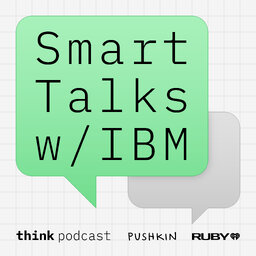Rerun: Working with the Large Hadron Collider
Jonathan is joined by Daniel Whiteson of Daniel and Jorge Explain the Universe. Daniel works in the field of experimental particle physics and conducts research using the LHC.
Learn more about your ad-choices at https://www.iheartpodcastnetwork.com
 TechStuff
TechStuff


